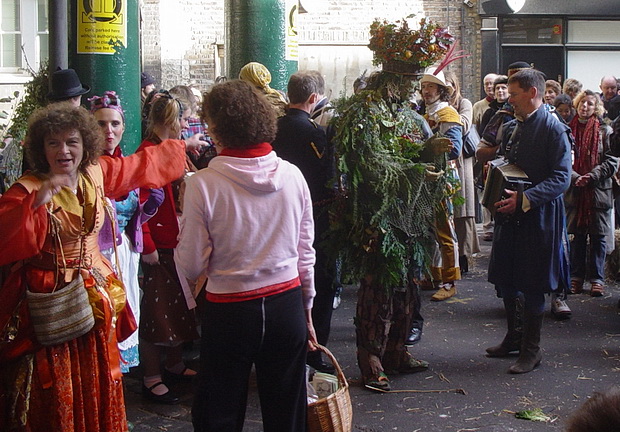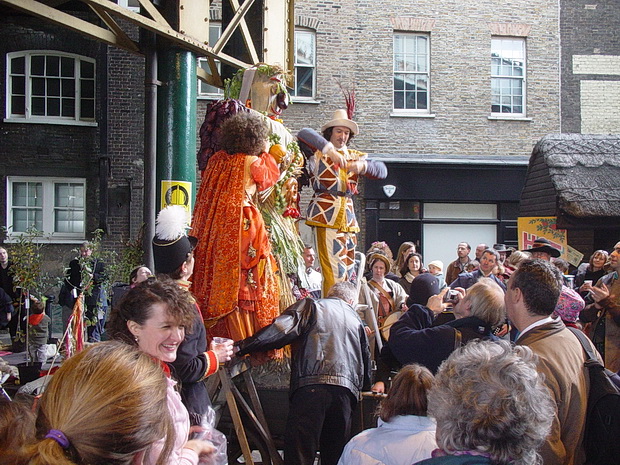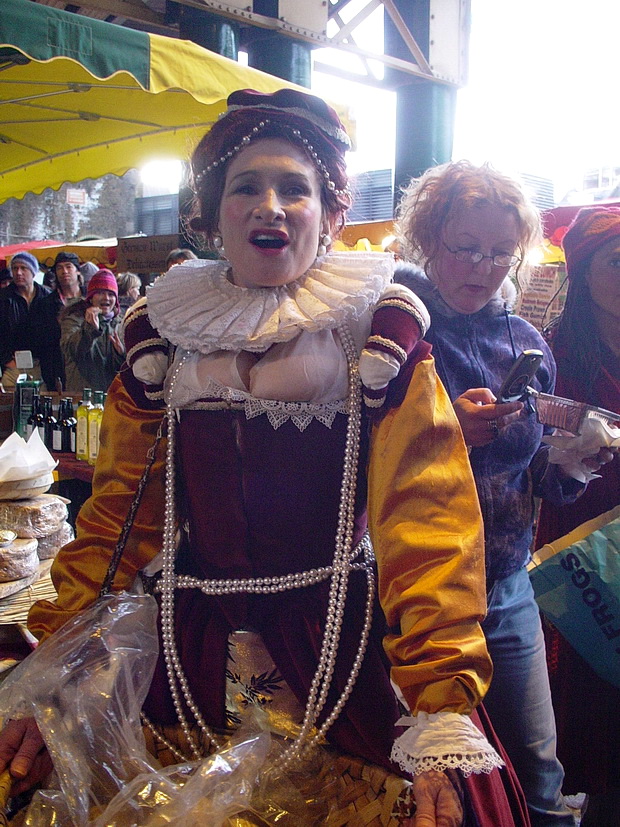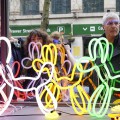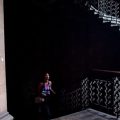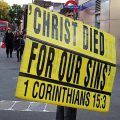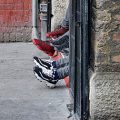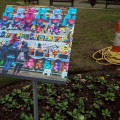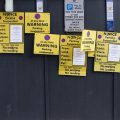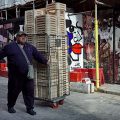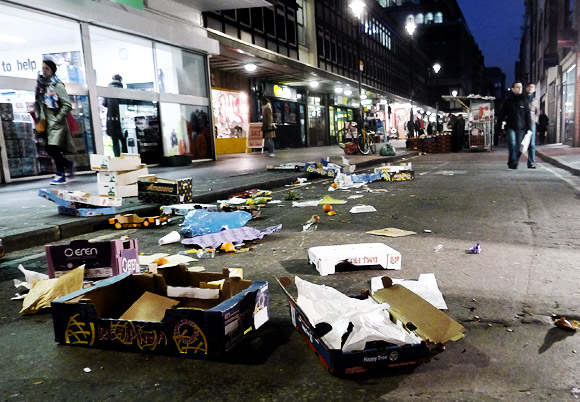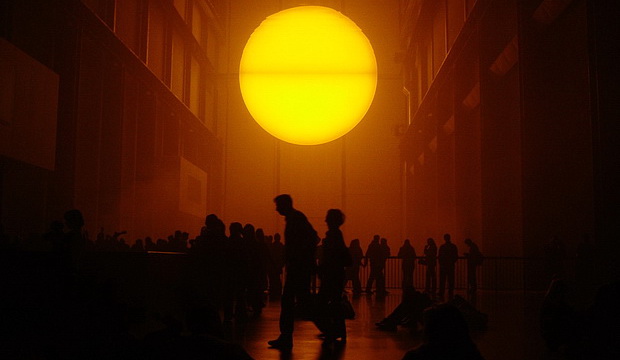
Here’s a selection of London scenes from my archives, including scenes from Soho street scenes, the Tate’s Weather Project and St Pancras.
The photos were all taken 15 years ago – back in October 2003 – during a month when Darkness and Dido topped the UK album charts and Concorde made its final flights.
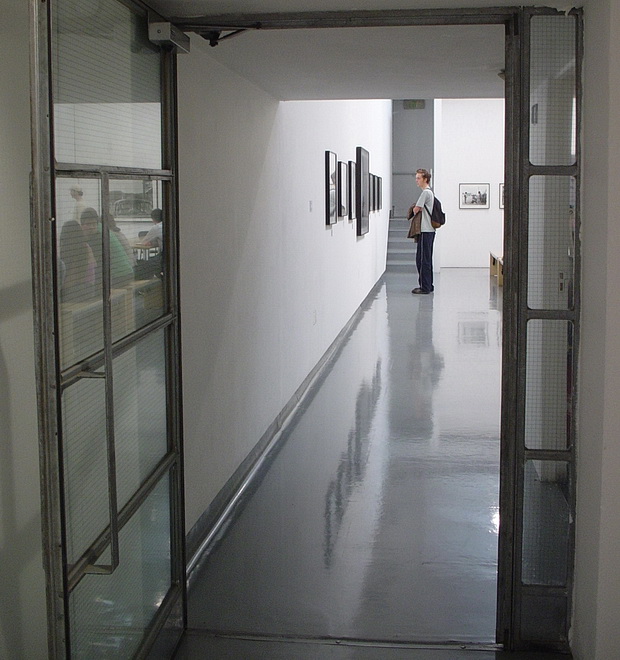
The much missed original Photographers Gallery in Great Newport Street, whose cafe served the finest cakes in London.
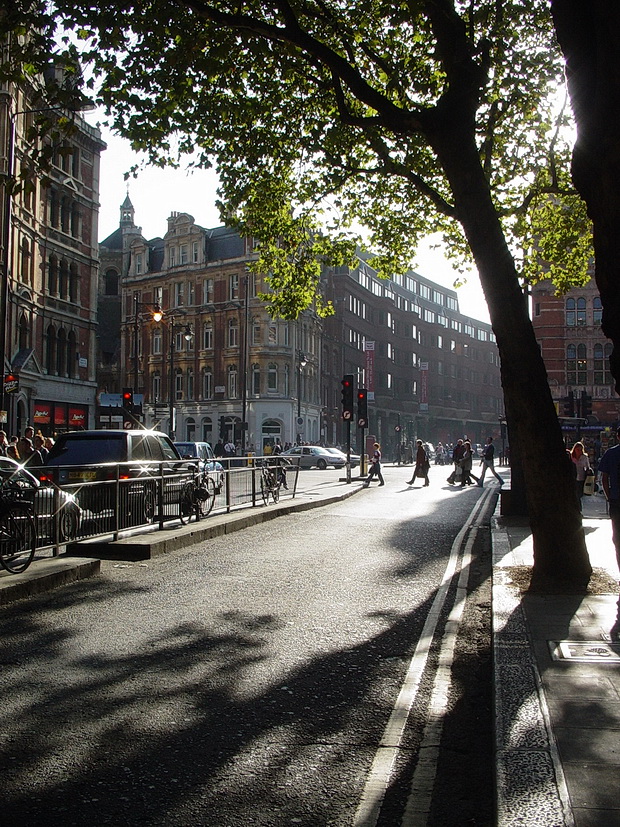
Shaftesbury Avenue in the low autumn sun.
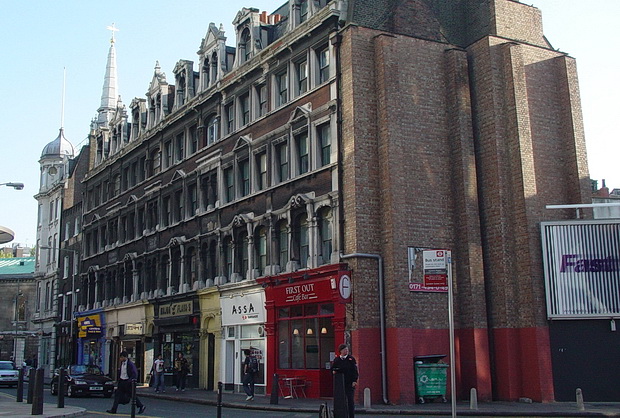
Only the facade now remains of York Mansions and Clifton Mansions at 52-58 High Street, Bloomsbury.
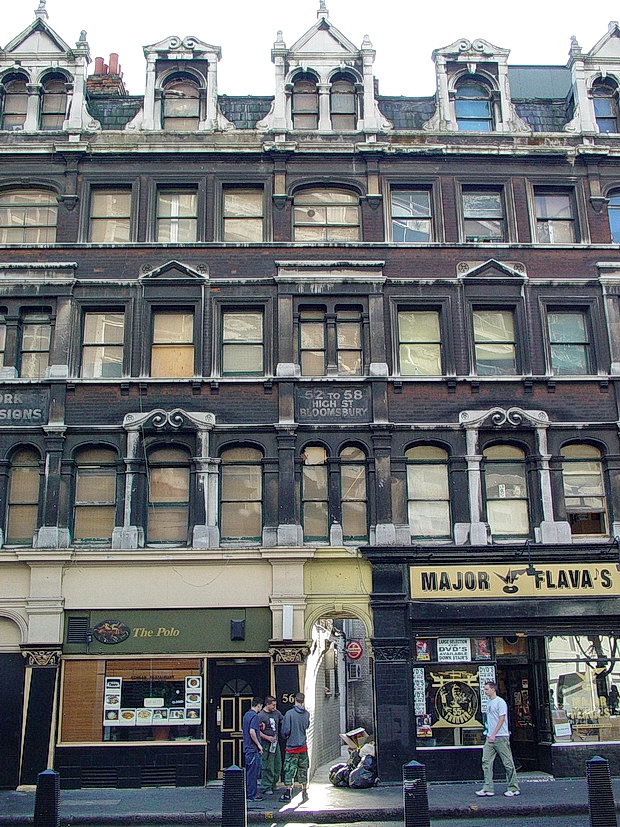
See more photos of the apartment block here.
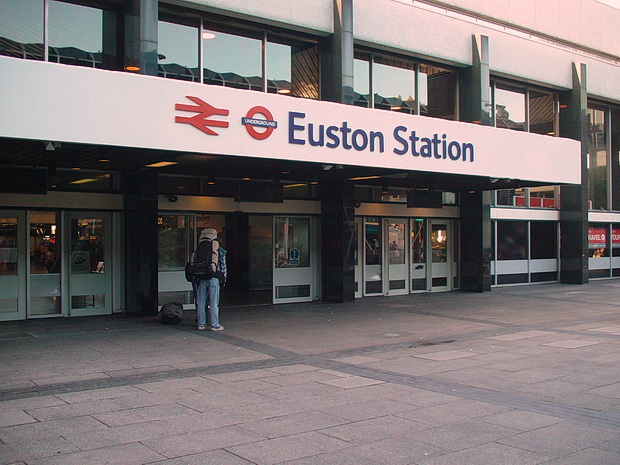
Euston Station.
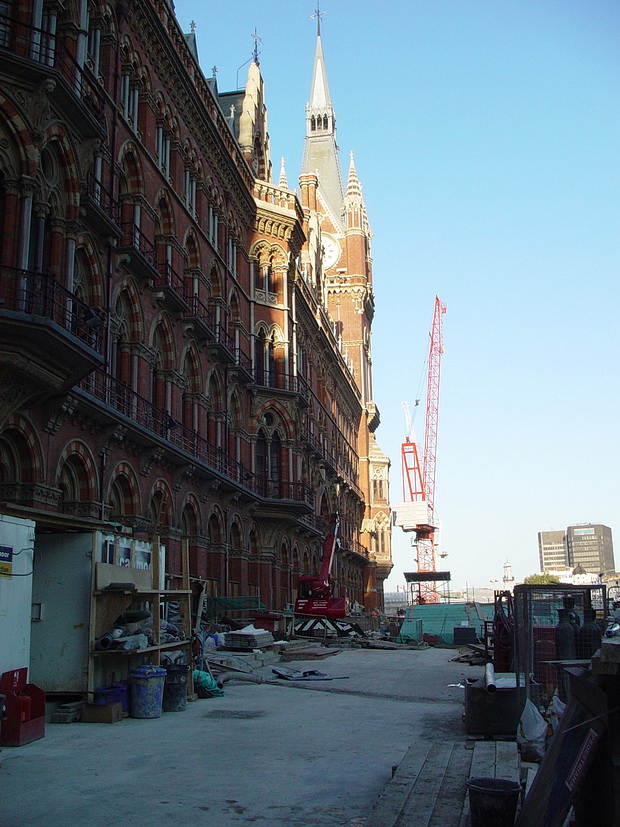
Work underway at St Pancras railway station and hotel.
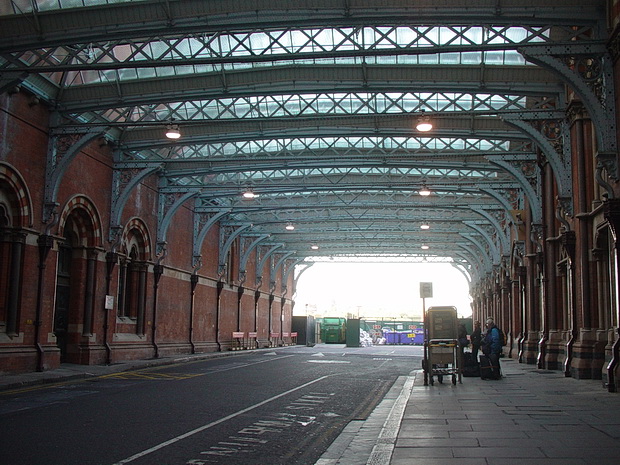
Inside St Pancras.
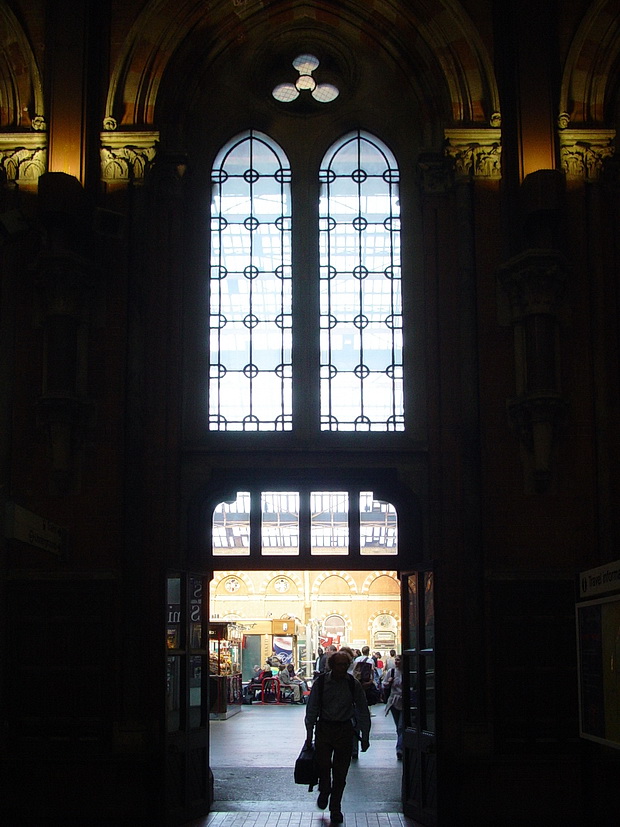
Booking hall.
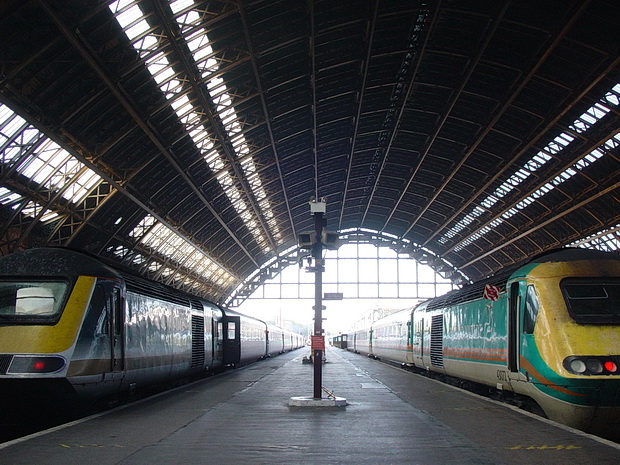
The magnificent train shed.
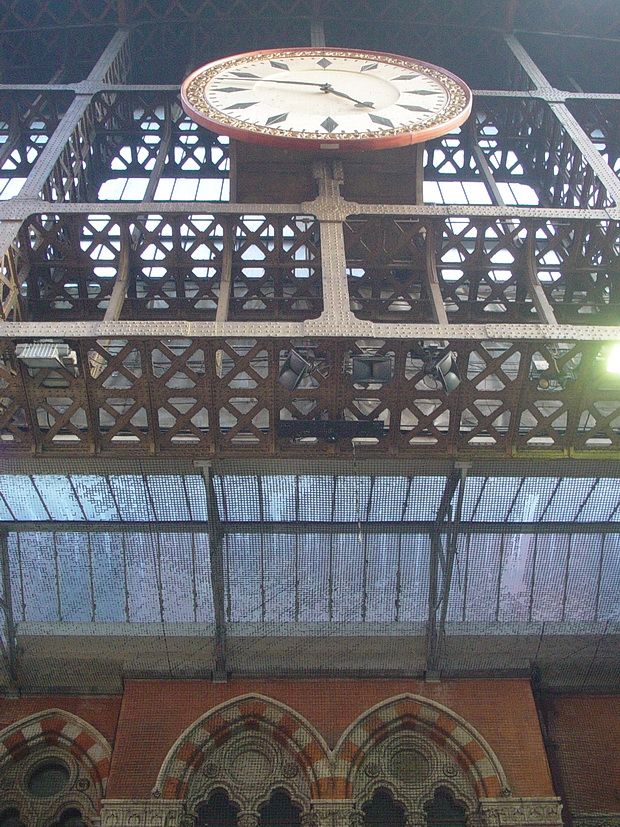
St Pancras clock.
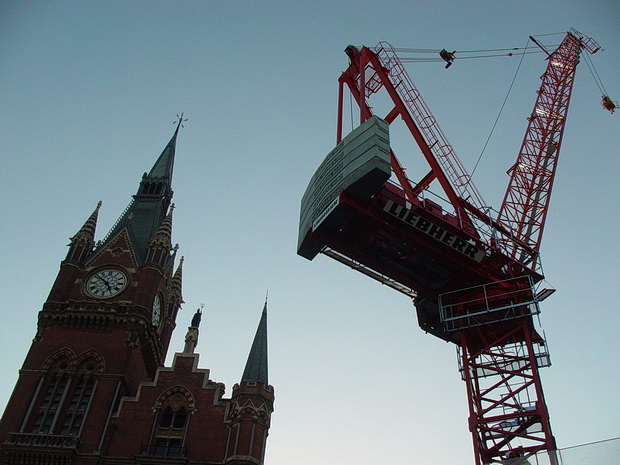
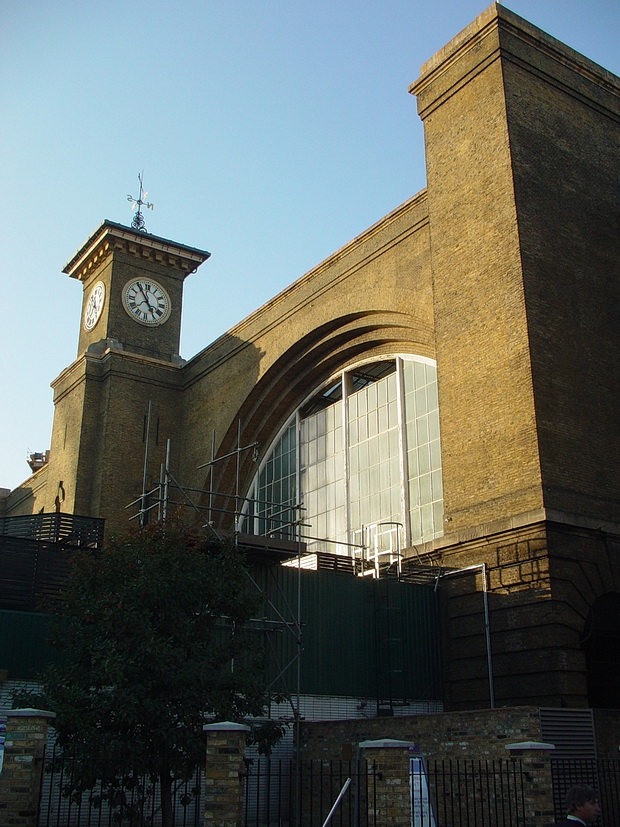
Kings Cross railway station.
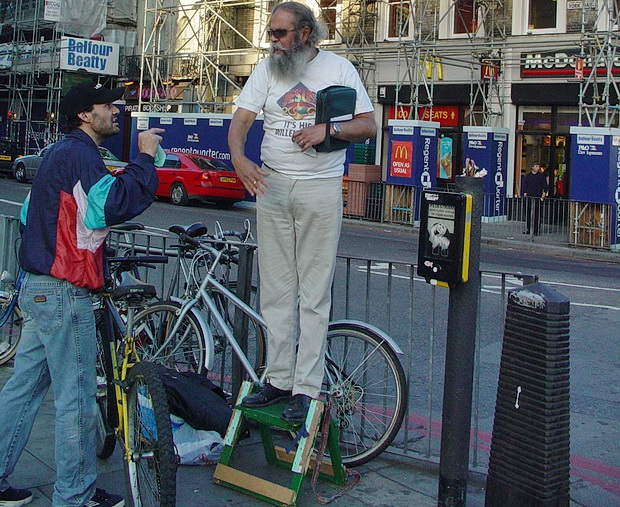
Street argument.
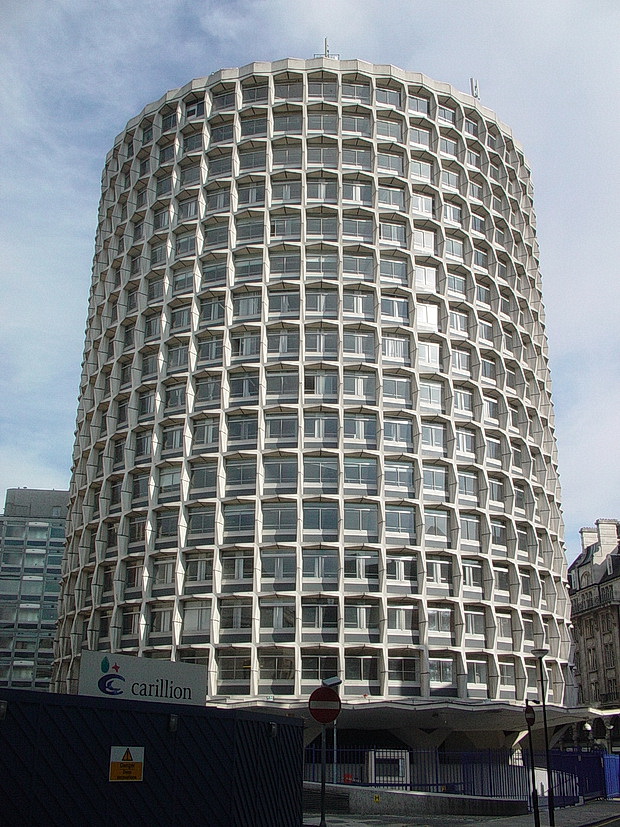
The Brutalist circular office block at One Kemble Street.
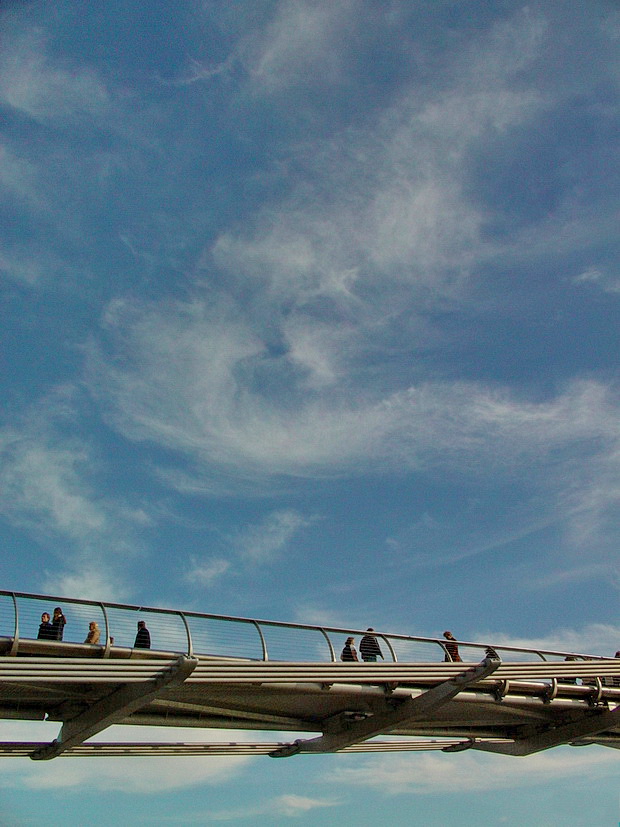
Opening in June 2000, but then swiftly closing after pedestrians using the bridge found it swaying around in an alarming manner, a repaired Millennium Bridge reopened in February 2002.
Still known by some as the ‘Wobbly Bridge,’ the 325 metres structure offers a handy route from the Tate Modern to St Paul’s Cathedral on the northern banks of the Thames.
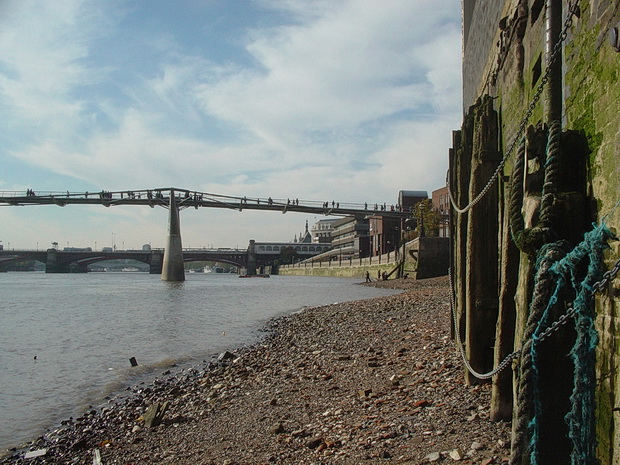
Thames at Low tide.
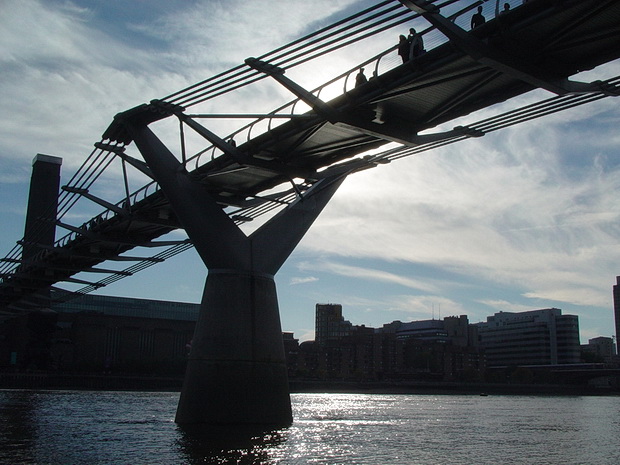
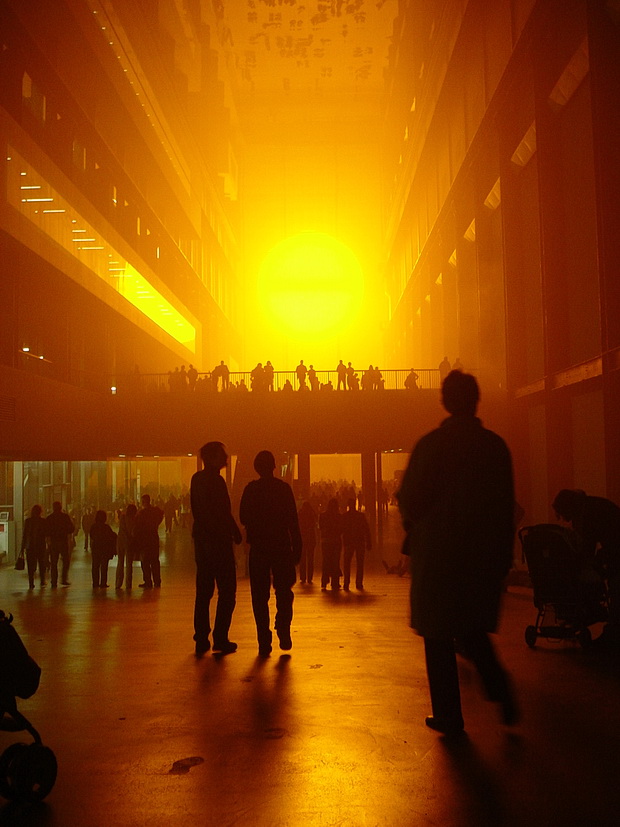
The Weather Project by Olafur Eliasson in the Tate Modern’s Turbine Hall was an absolute sensation.
Visitors who stepped in from the rigours of the London winter found themselves facing a dazzling sun, shining out into a setting almost devoid of colour, its outlines blurred by mist.
When walking towards it down the sloping floor of the 150-metre-long Turbine Hall, their expectations were gradually raised through a whole range of experiences.
Once they had reached the end of the space, their illusions were shattered when they were allowed to discover the technical components that created the installation: a wide semicircular screen back-lit by a battery of about 200 yellow mono-frequency lamps mounted 7.7 metres from the end wall of the Hall.
Almost as though revealing a previously hidden theatrical face of the sun, the entire installation set-up came into view, and the impression that it formed a complete circle in an endless environment turned out to be no more than a reflection created by mirror foil that ran the entire length of the ceiling and was supported by aluminium frames.
On closer inspection, the fog was also revealed to be artificial in origin by the mechanical nozzles that blew it out.
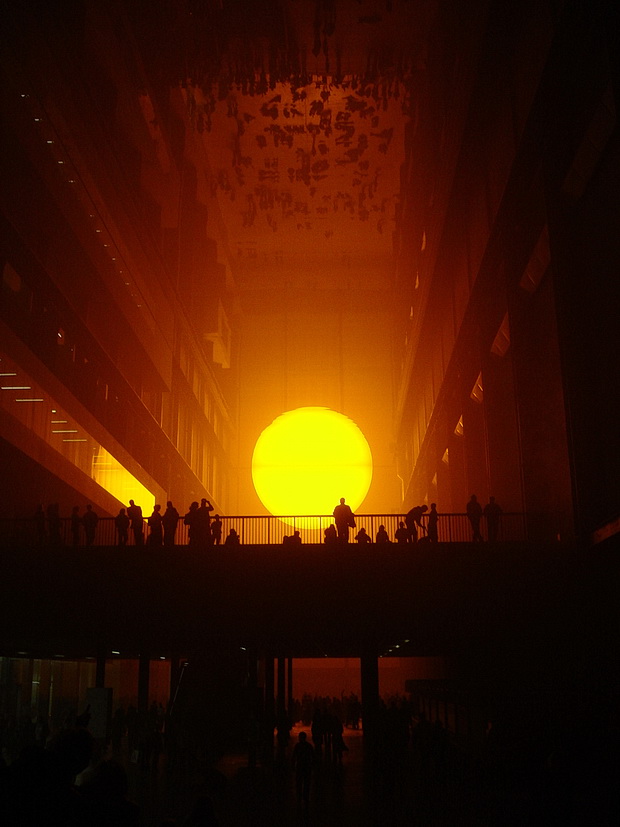
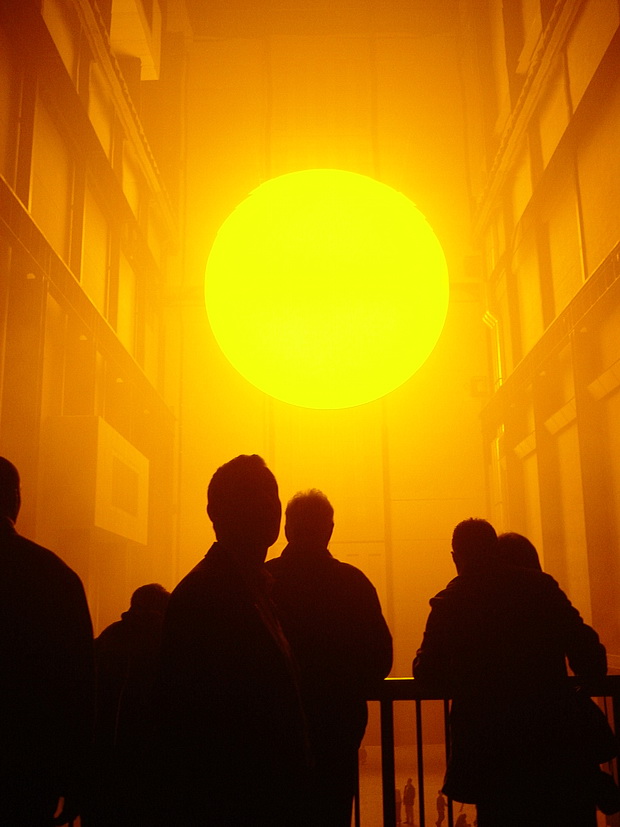
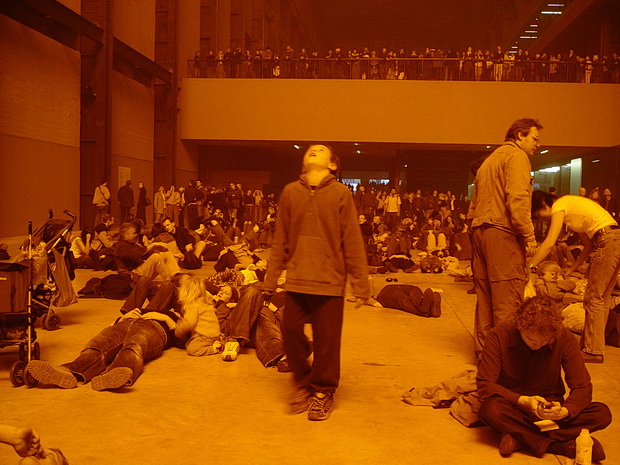
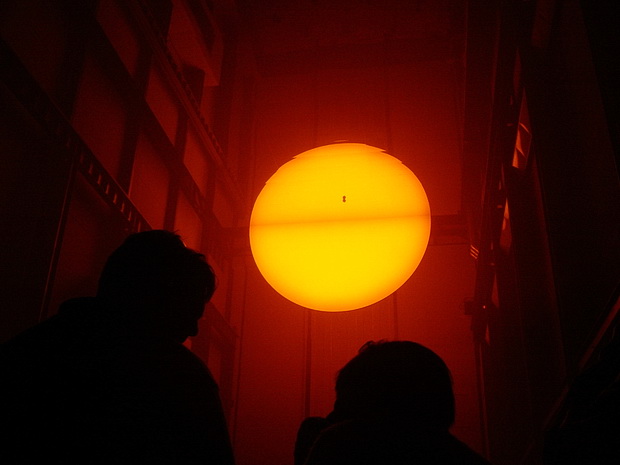
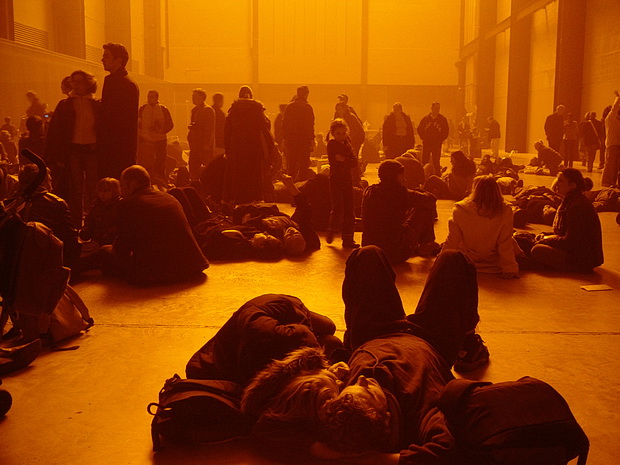
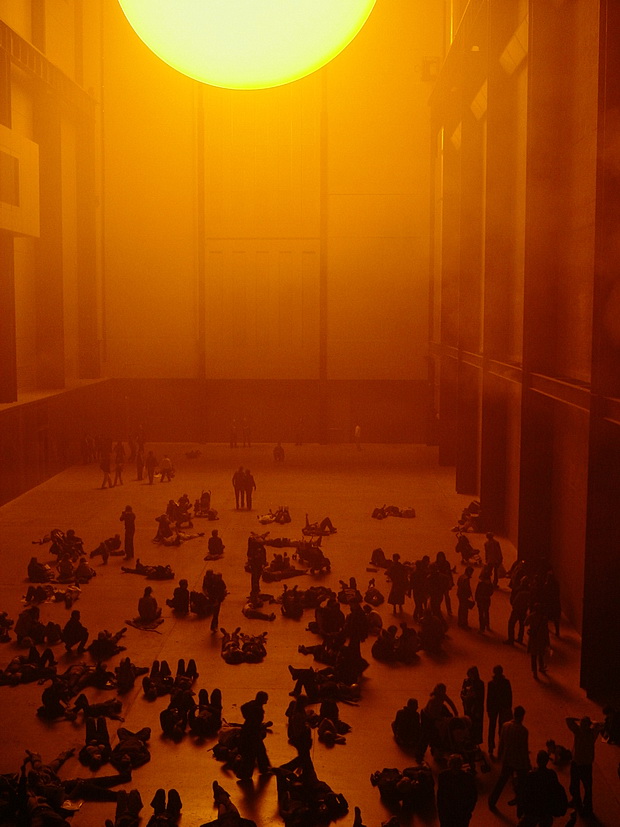
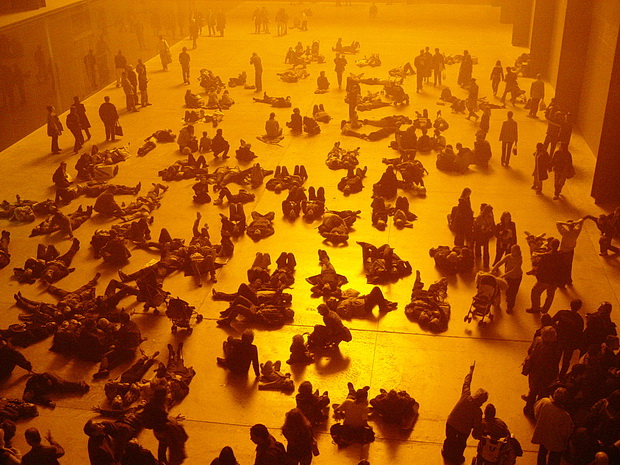
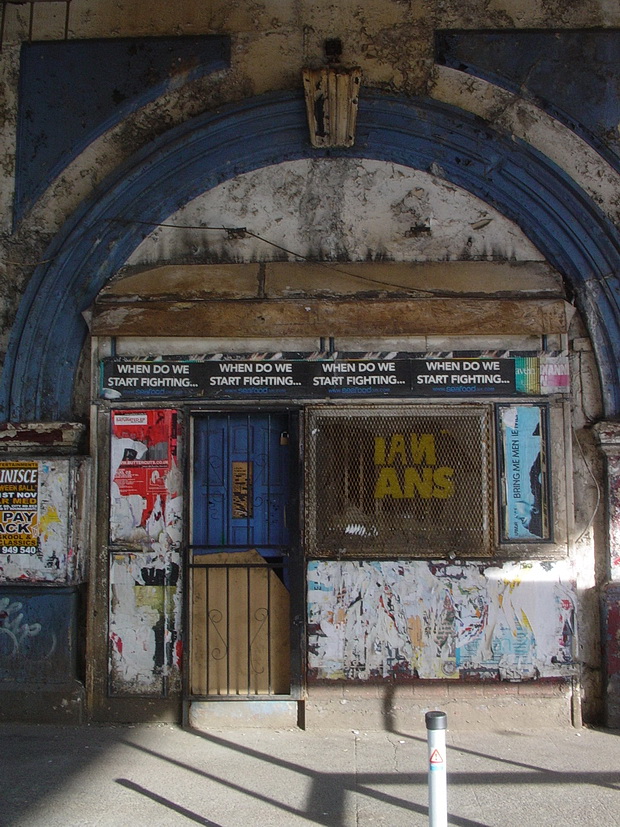
Disused unit in railway arch.
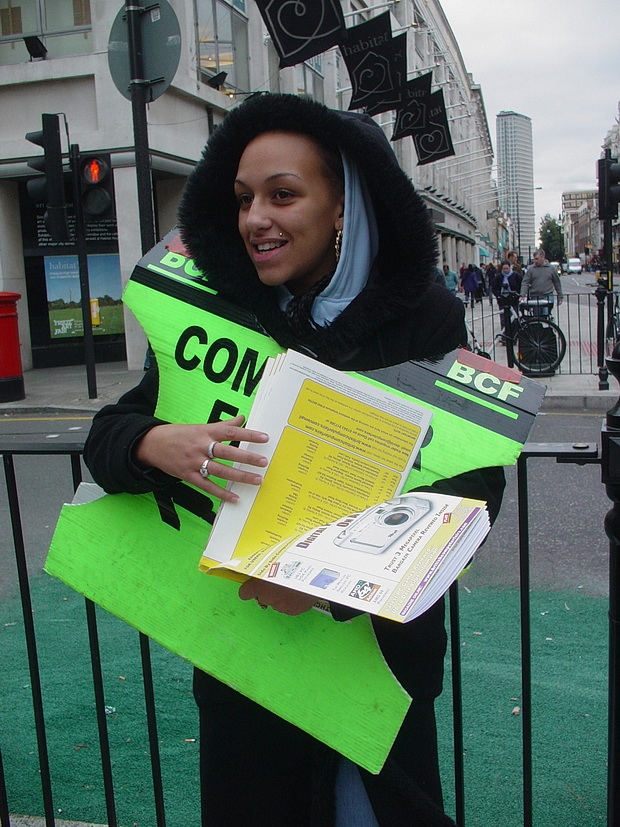
Street advertising for the BCF computer fairs that used to be a regular fixture around Tottenham Court Road.
Check out this article on the History of London Street Advertising and the Photo Gallery of Human Billboards.
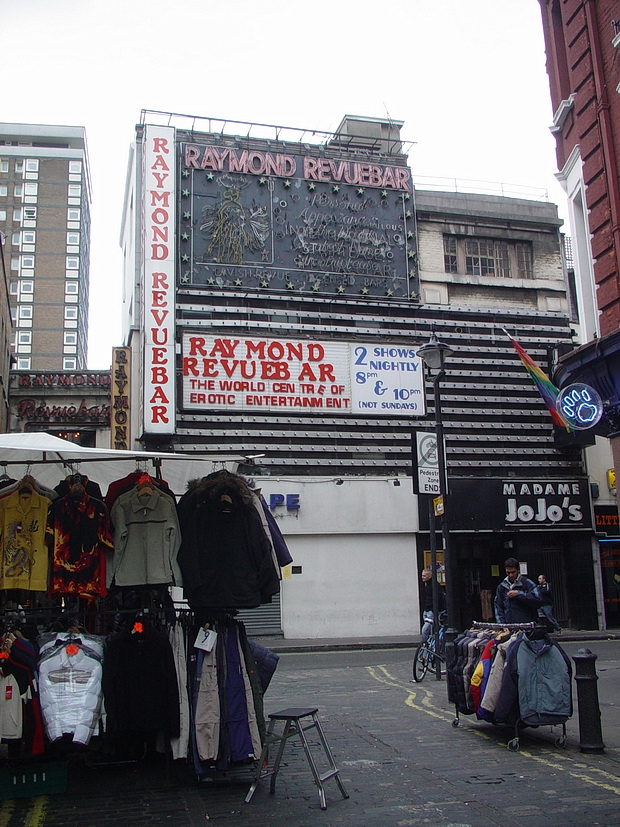
The now-vanished Raymond Revuebar on Brewer Street, as seen from Rupert Street, Soho.
The Raymond Revuebar (1958–2004) was a theatre and strip club at 11 Walker’s Court (now the location of The Box Soho nightclub), in the heart of London’s Soho district. For many years, it was the only venue in London that offered full-frontal, on-stage nudity of the sort commonly seen in other cities in Europe and North America.
Its huge brightly lit sign declaring it to be the “World Centre of Erotic Entertainment” made the Revuebar a local landmark.
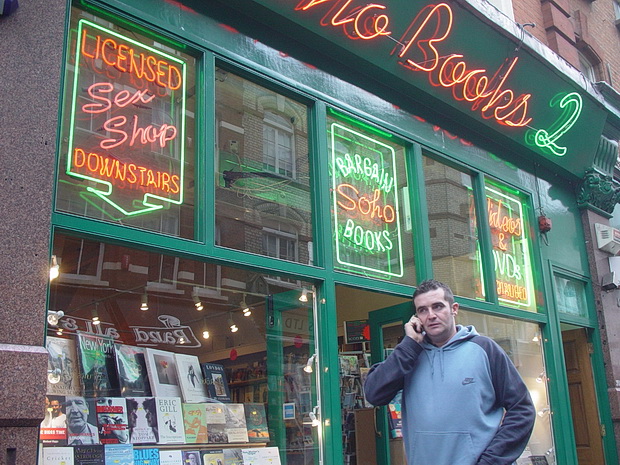
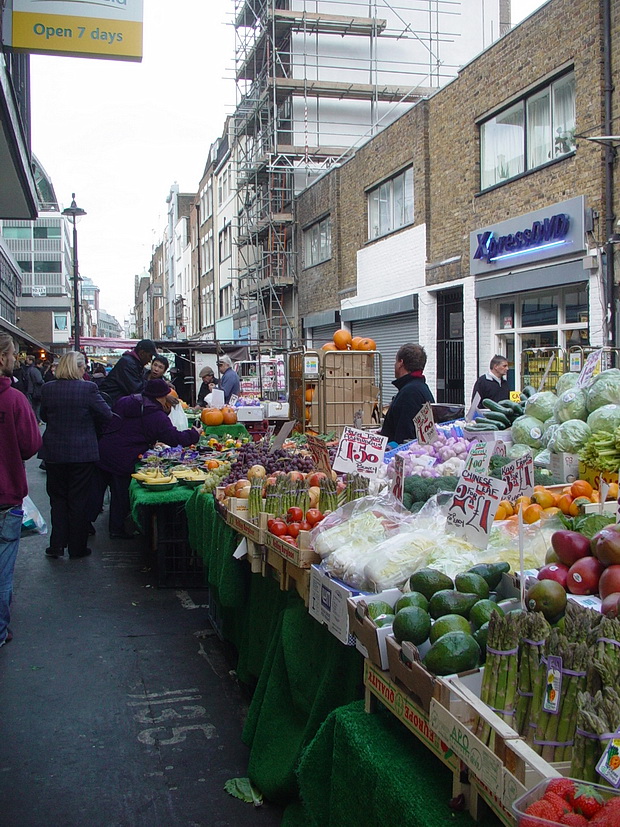
Berwick Street market.
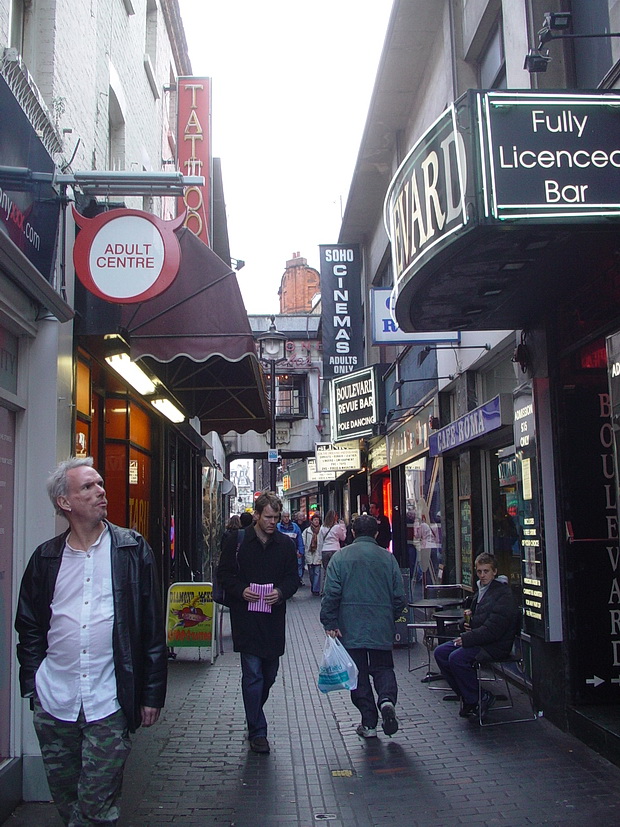
The sleazy Walker’s Court.
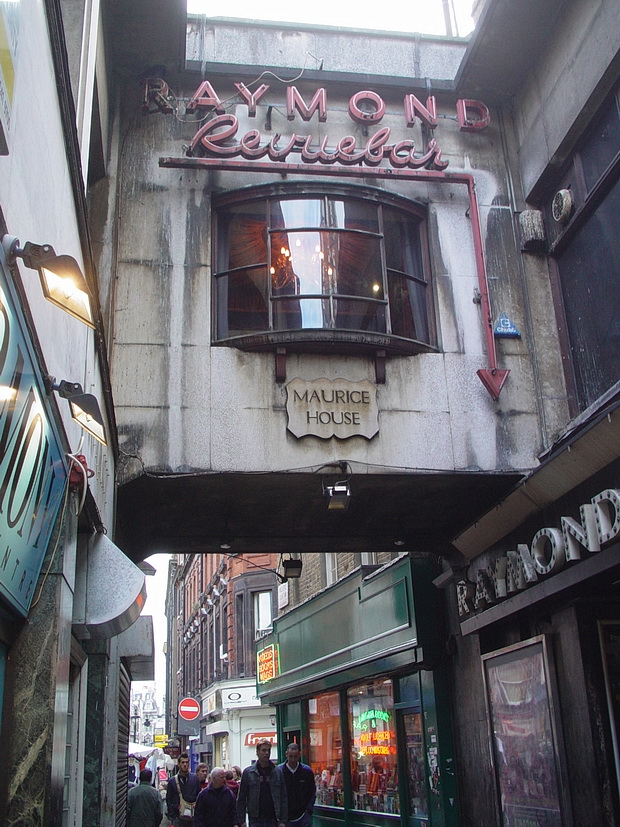
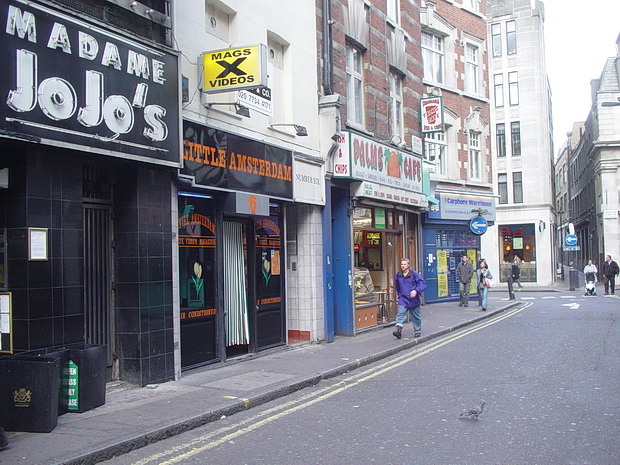
Brewer Street with Madame JoJo’s to the left.
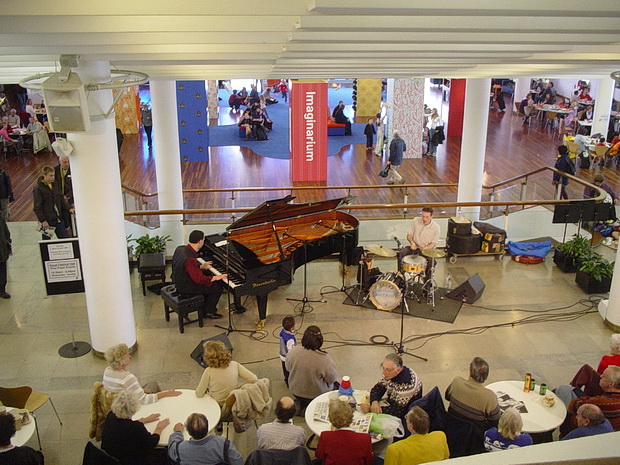
Dancing in the Southbank Centre.
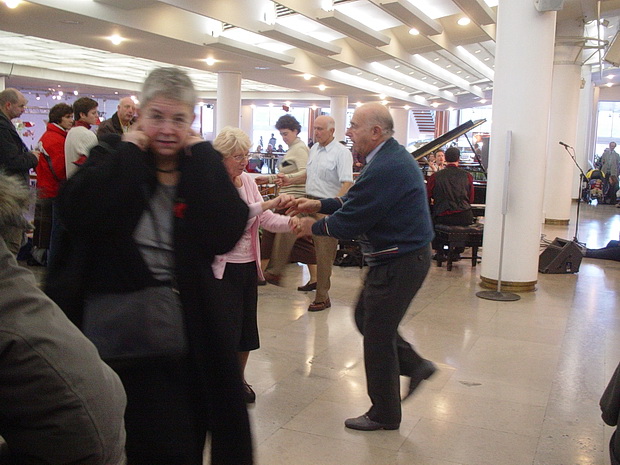
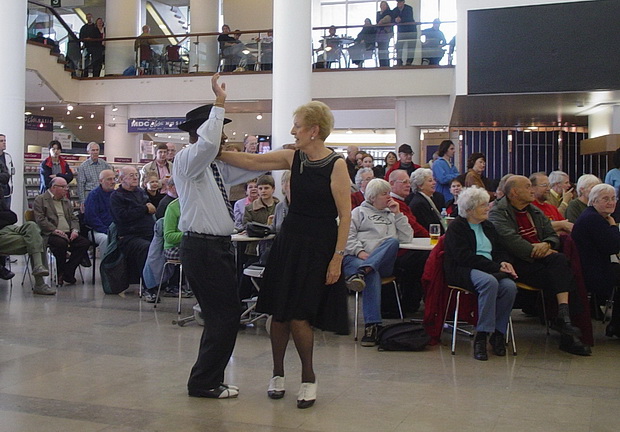
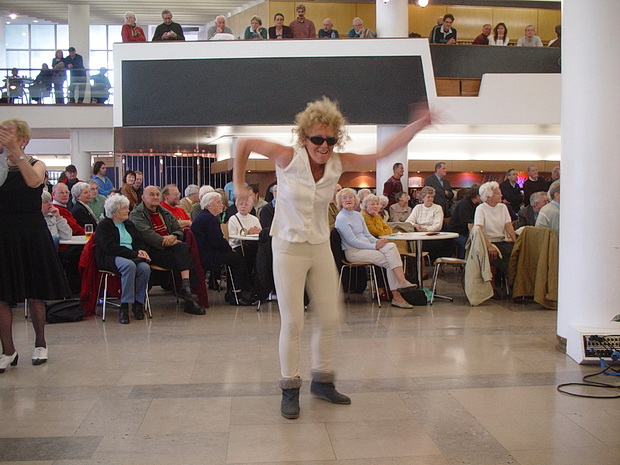
Giving it large.
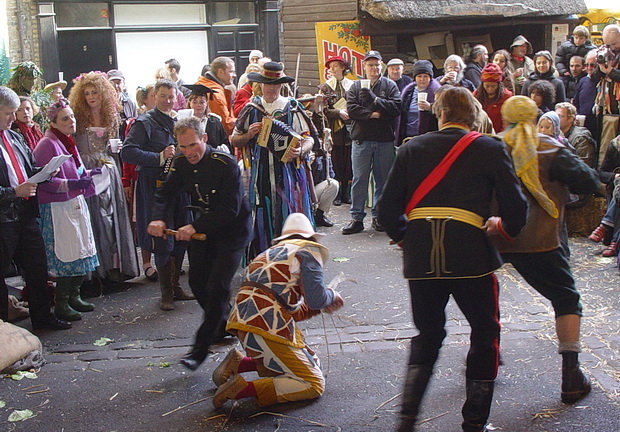
Greem Man celebrations, Borough.
